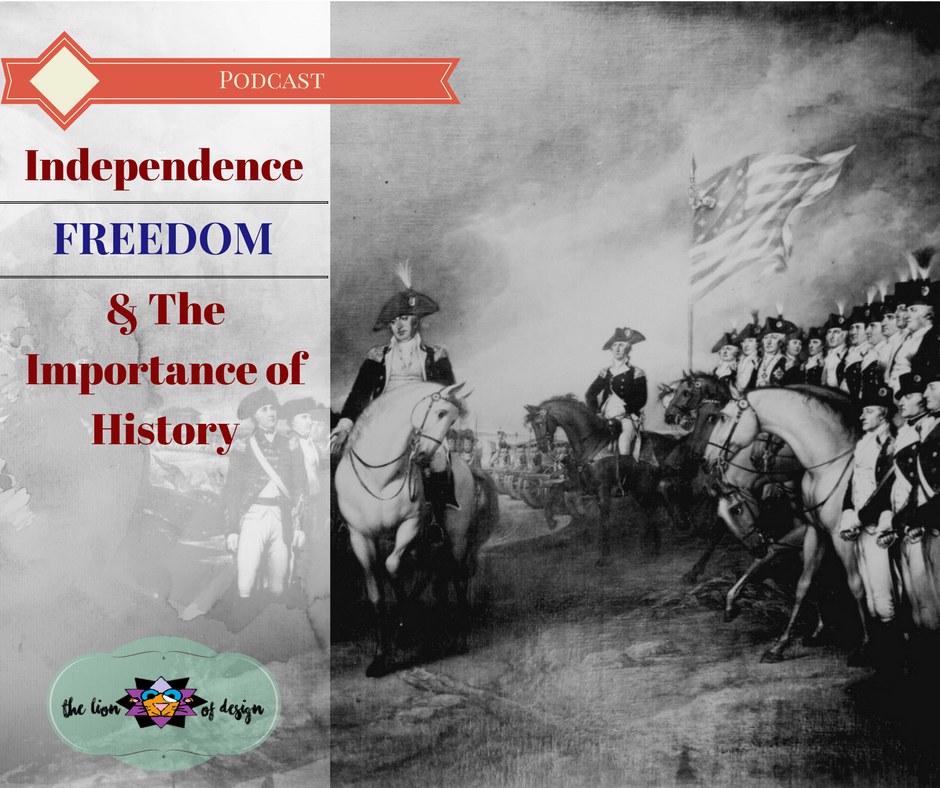Independence, Freedom, & The Importance of History
With George Rogers
Intro
As we have watched the removal of the Ten Commandments monument on public property in Oklahoma, the recent removal in New Orleans of a statue of Robert E. Lee (despite stating “slavery as an institution is a moral and political evil in any country” and supporting his wife’s abolitionist actions), and the gradual removal of the teaching of faith and even morality in public education, it becomes quite confusing to decipher how we are a reflection of a country whose origins were rooted so strongly in these principles.
My guest on this podcast is George Rogers – serving 30 years on the police force, a firearms and tactical instructor, holding degrees in Criminal Justice, Political Science, and a Masters from Johns Hopkins University in Management. Avid historian, hunter, Revolutionary and French & Indian War reenactor, and most importantly – my dad!
Topics Discussed
In this podcast we discuss:
- The compatibility of faith and a sense of pride or affection for one’s homeland.
-Necessary for all to participate in the common good
-Peace, stability, just order, progress of persons
-Authority acting as a moral force based on freedom and responsibility - Understanding of the historical significance of the 4th of July
-Spirit of freedom which resonates with all people
-Thanksgiving for those who have paved the way before us
-Remembering and honoring the sacrifices of those who fought for our democracy - Importance of teaching children about history
-Learn from the past – both good and bad lessons
-Instill a natural sense of appreciation
-Recognize the process of progress and value of justice - Practical ways to teach kids about history (particular focus on Revolution)
-Read
-Visit sites
-Hone in on interests and explore that element of history
-Dialogue and ask questions to draw out understanding of “why” historical events occurred
Recommendations from our guest:
Every house should have a map and globe
Ages 3 – 6: Appeal to the senses – this age group is fascinated by guns, flint and steel, furs and trapping, horns and antlers, dutch oven and cooking over a fire, looms and finger weaving
Ages 10 and 12: At this age group it becomes more critical to remember details, timelines, locations and events related to history. Begin reading age appropriate materials, especially particular subjects of interest to the child. Visit reenacting sites and battlefields.
Ages 13 – 18: Allow the child to take an active part in developing a curriculum of study. Become more involved with participating in historical events, costume and lodging replication, card games.
Adult/Parent Resources: Check out these great American Revolution Resources, and go see the play 1776 (Live Theater).
Movies:
- George Washington (complete mini-series)
- John Adams
- Benedict Arnold
Books:
Kimberly Cook
Writer, Podcaster, Mother, & Catholic Apologist. Meet Kimberly



